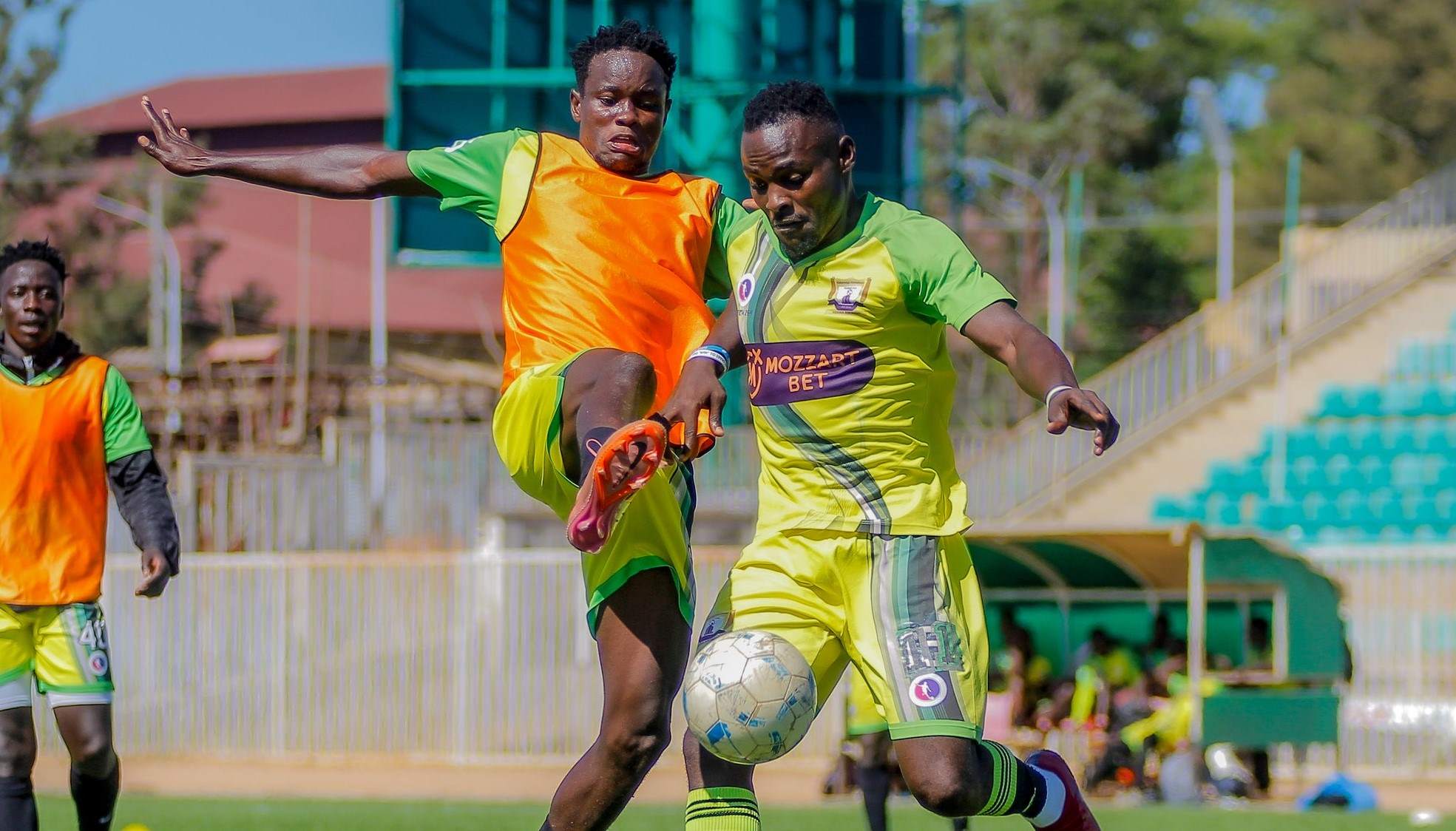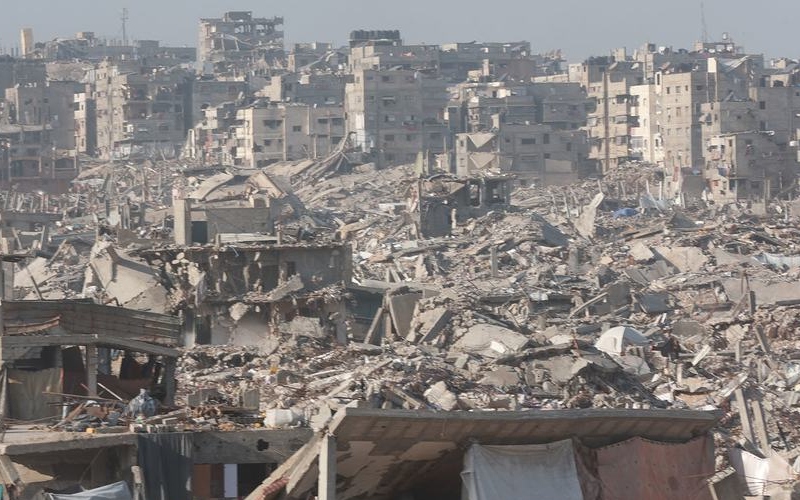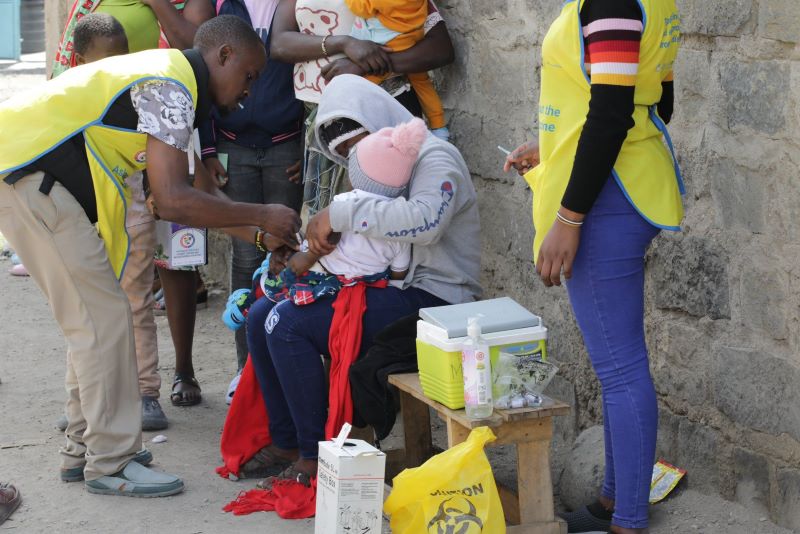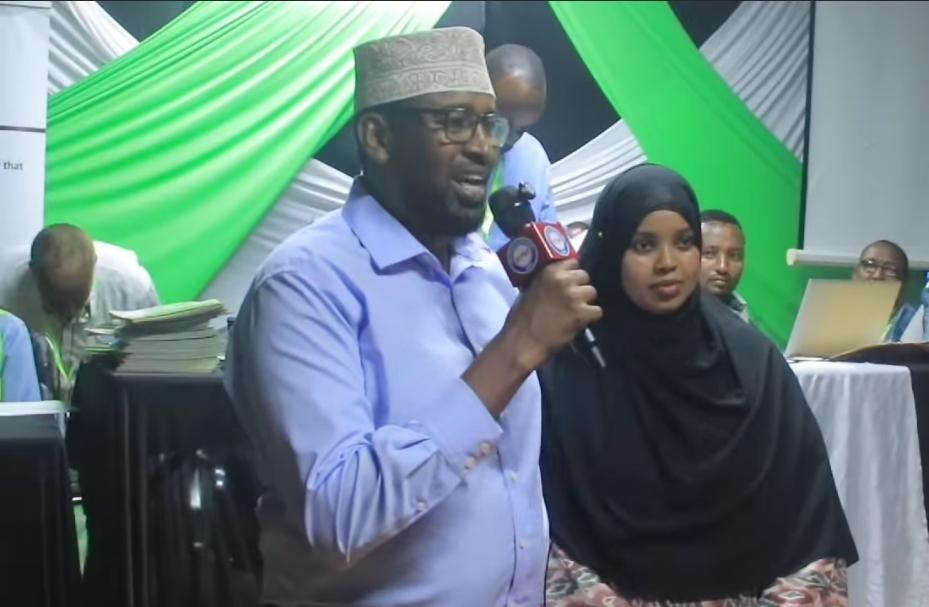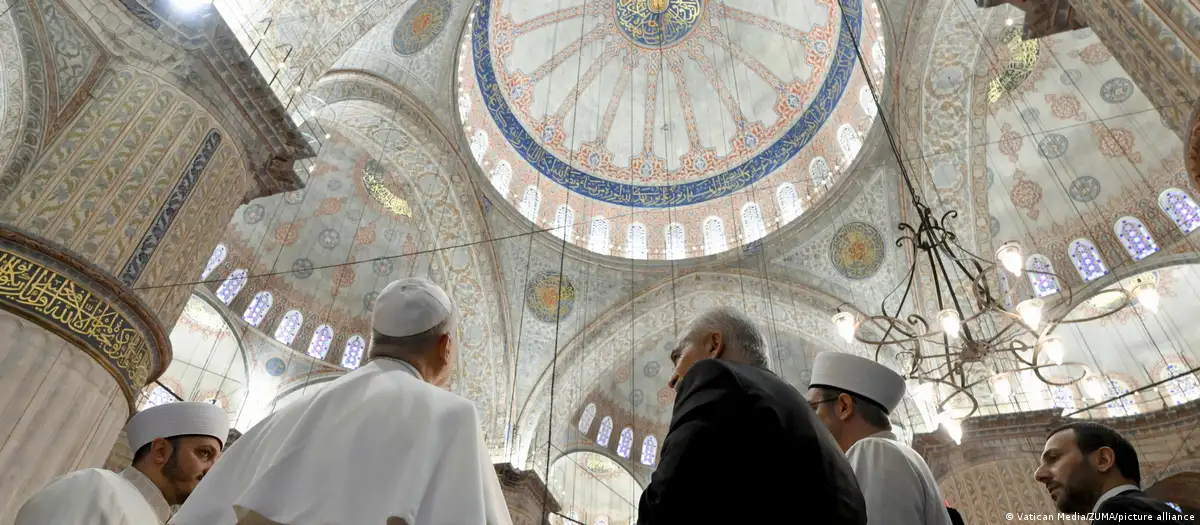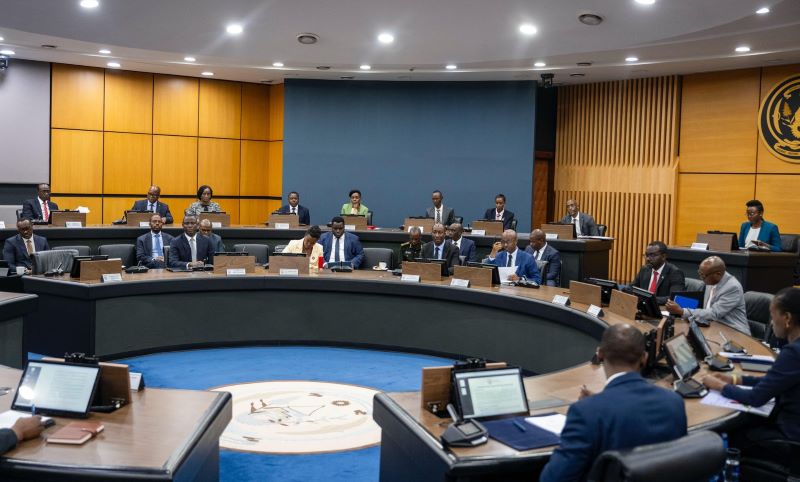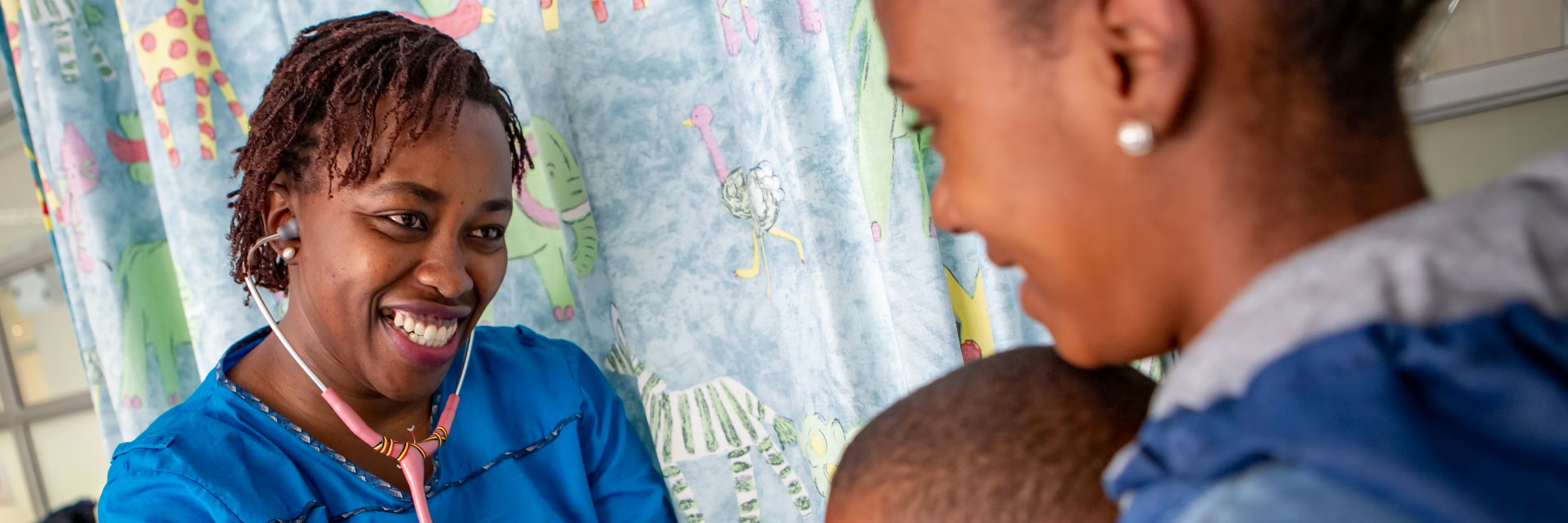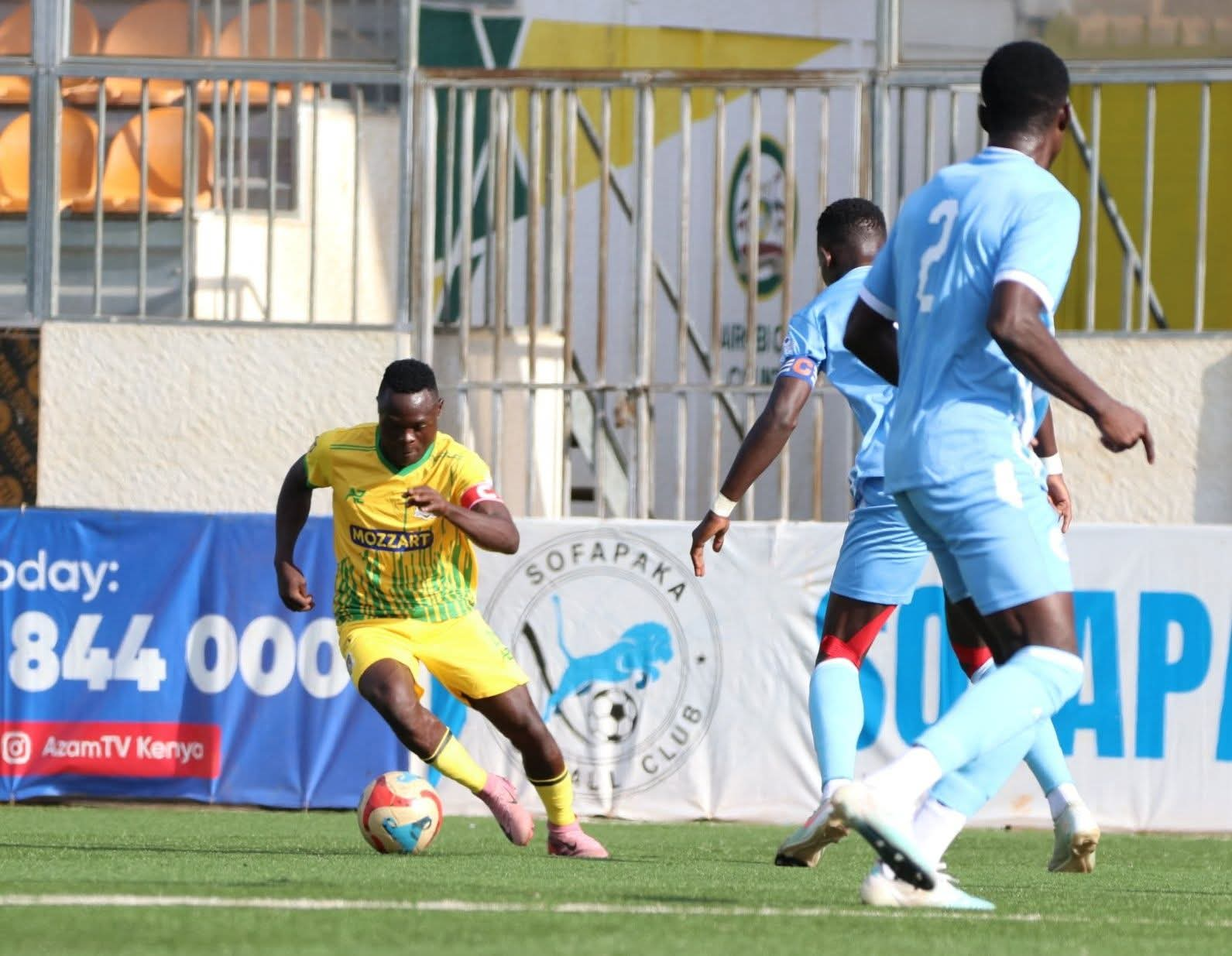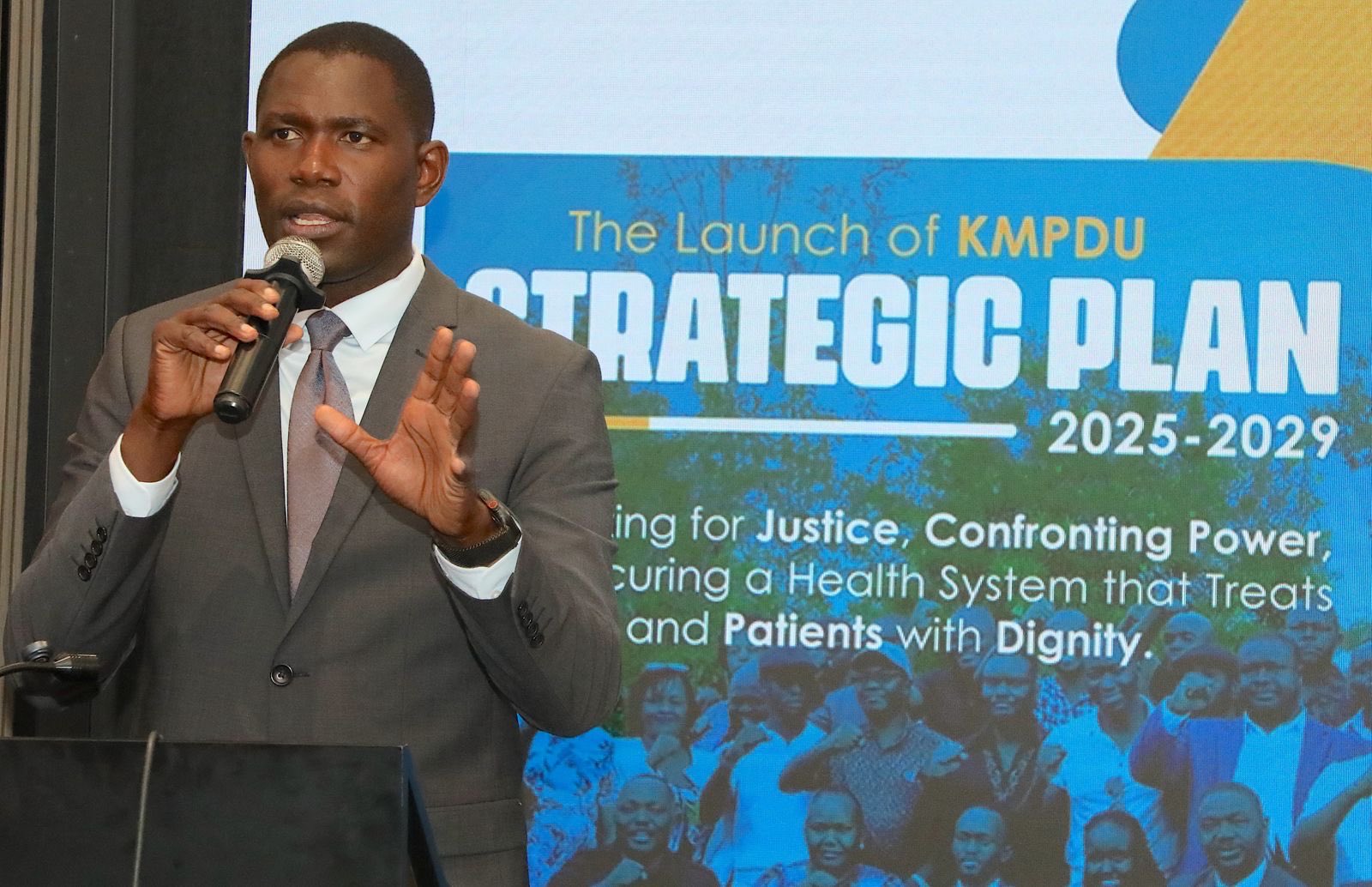Rasna Warah: Losing my big sister, who was not mad
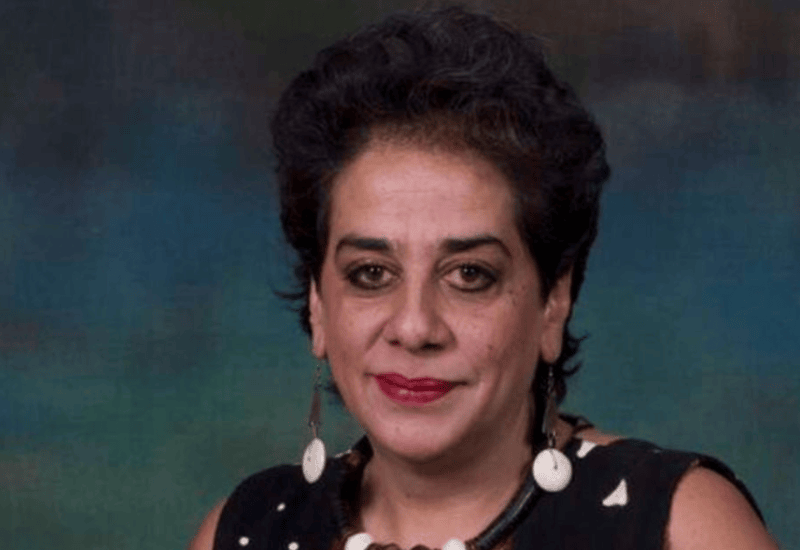
"Rasna loved Kenya and bled from each cut the country received. She convened the grief support group after Uhuru Kenyatta and William Ruto entered the presidency, and has been a clear moral voice throughout."
I fell in love with Rasna Warah’s fierce feminist writing when I was around 19 years old. Her column, ‘Straight from the Heart’, ran in Now magazine, a pullout of ‘The Standard on Sunday’ until the editor-in-chief discontinued it when the newspaper’s new owners said they did not like it.
During my brief sojourn as an editor at ‘The Standard’, I persuaded Rasna to write a couple of times for the Sunday paper and gave her a standing invitation with the authority of my editor, David Makali, to write a column, which she was unable to because she was caring for her sick mother.
When I rejoined the ‘Nation’ as a columnist in 2006, Rasna was writing her column on Monday, easily the hardest day for a newspaper, but she grew a loyal readership with her straight-shooting, deeply researched and intelligent writing.
She had left the United Nations, where she worked as an editor for over a decade, after it failed to renew her contract most likely as retaliation for her whistleblowing on the use of erroneous statistics, abuse of authority and misconduct.
Two of her five books -- ‘UNsilenced’ and ‘Lords of Impunity’ --deal with the trouble with the UN.
Award-winning writer Yvonne Adhiambo Owuor praises ‘Lords of Impunity’ as “[a]n intense package of articulate rage.”
Over time, Rasna was not just my friend. She was my big sister: fiercely loyal and protective. It is Che Guevara who said, “Anyone who trembles with indignation at every injustice is a comrade of mine.” If I was writing something important, I would ask her to look at it, and she always made the time.
She had the capacity to listen with empathy, and to be human at all times. She has maintained friends over decades. During one of my hardest periods, in 2023, it was Rasna who was on the phone every other day to check in with me -- conversations that could last over an hour.
She recruited her husband, the self-effacing but very thorough Gray Phombeah, to also check in on me. Gray has always been a generous and gracious big brother from his days when he ran the BBC bureau in Nairobi, and he bore our long nightly telephone conversations without complaint. Rasna married Gray at a time when marriage across the races was quite novel, and was estranged from her family for it.
Many were the days when the online trolls on X (formerly Twitter) would resort to racist insults and drive her to near-exasperation: “How can you tell me to go back to India?” she would pose. “My grandfather came from what is present-day Pakistan; even if I were to go to India, I would not know where to go.”
She would complain about being “othered” as a ‘Muhindi’ in Kenya, but she was ahead of her time. When the country was going through difficult and confusing times, Rasna would call and begin, “Kwamchetsi, am I a mad woman?”
Rasna loved Kenya and bled from each cut the country received. She convened the grief support group after Uhuru Kenyatta and William Ruto entered the presidency, and has been a clear moral voice throughout.
In March 2008, she joined me and six other ‘Nation’ columnists in resigning our spaces in the newspaper to protest shrinking editorial independence, and went on to write for ‘The Elephant’ and ‘Debunk Media’. She hated all forms of duplicity and was deeply hurt when friends betrayed or abandoned their principles.
Her training in psychology and women studies, and graduate work in communication, prepared her for the role of truth-teller. It is a role she performed with integrity and prophetic zeal. And it came at a very high cost.
In August 2022, Rasna called me with some distressing personal news. She had been diagnosed with cancer. But that girl was a fighter, and fight she did. She wrote about her illness, and began alternative therapy until again she called me a few months later to tell me the cancer had cleared. Of course, it came back, and did her in. We spoke a few weeks ago, to cook up mischief, but she told me that now she feels tired all the time. I don’t know what to do with the project we were to start.
Other Topics To Read
Rasna was very conscious about her mortality and wondered how she would be remembered. I would often tell her she would be remembered for thought and moral leadership, as well as the books she wrote -- ‘Triple Heritage’, ‘Red Soil and Roasted Maize’, ‘Mogadishu Then and Now and War Crimes’ as well as the two UN-focused ones. She also contributed stories to ‘Kwani?’ and ‘Nairobi Noir’.
The truth is, she will be remembered long after for her kindness and humanity. Rasna and Gray have been quietly paying school fees for children in Kilifi, their little act to right the world from their corner.
So when the first girl from Kilifi scored an A in last year’s Kenya Certificate of Secondary Education examination, it must have brought a smile to her face.
Today, I lost a wise big sister who was so grounded that she would call in to just be assured she was not out her mind.
Top Stories Today


